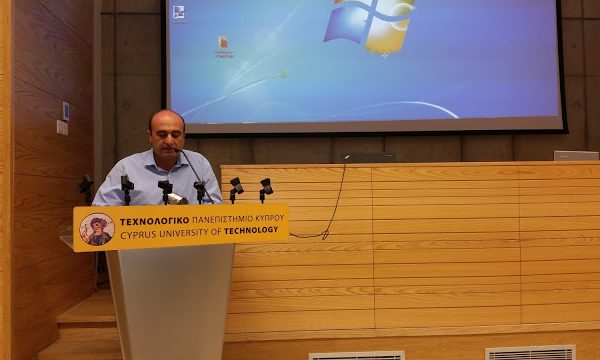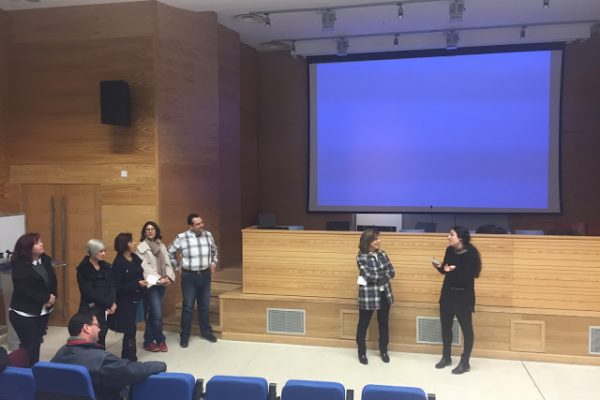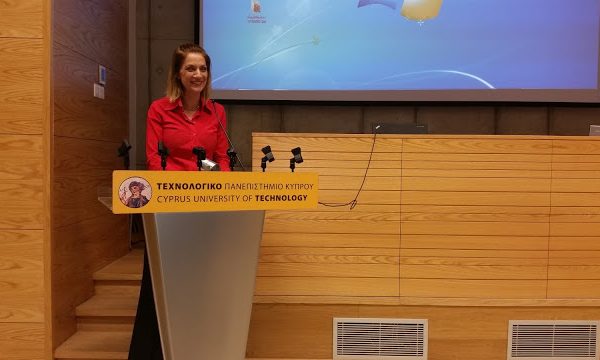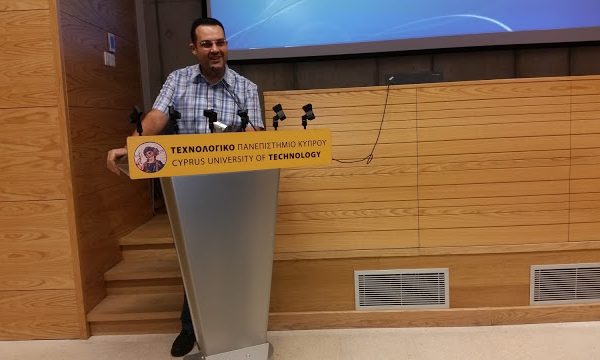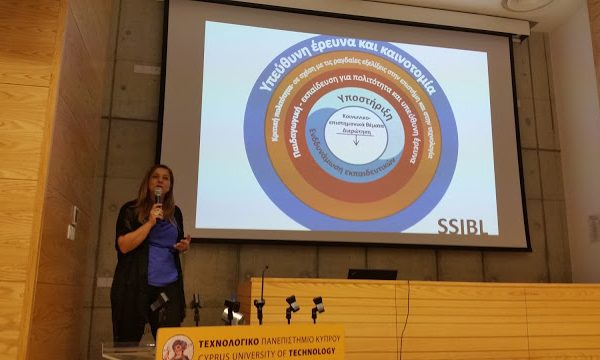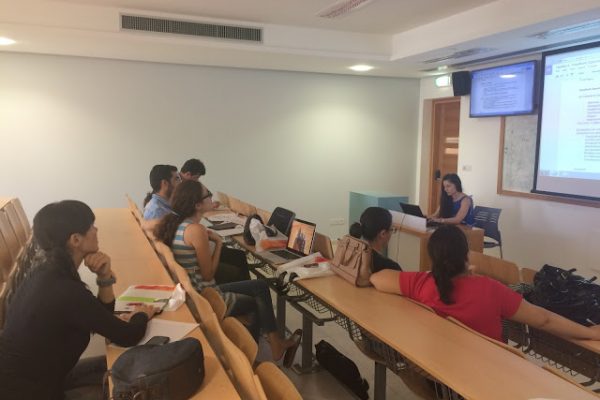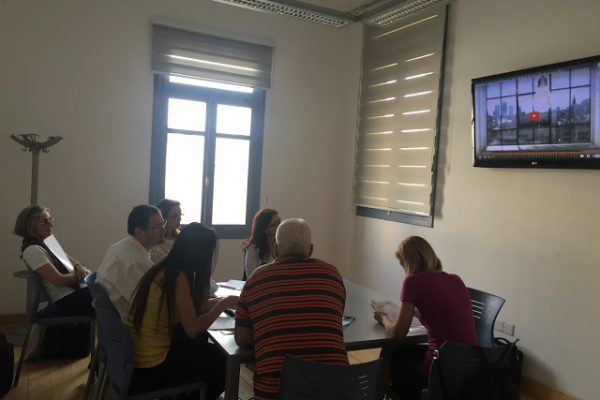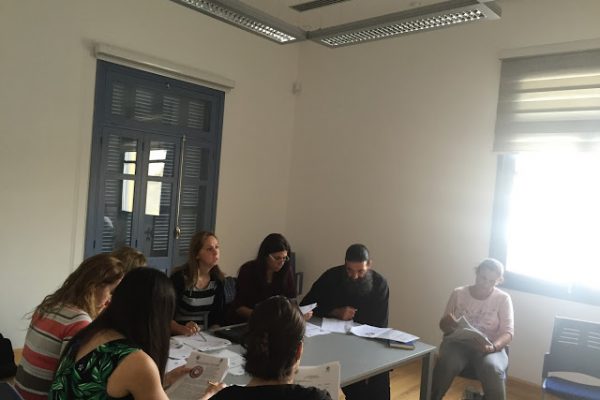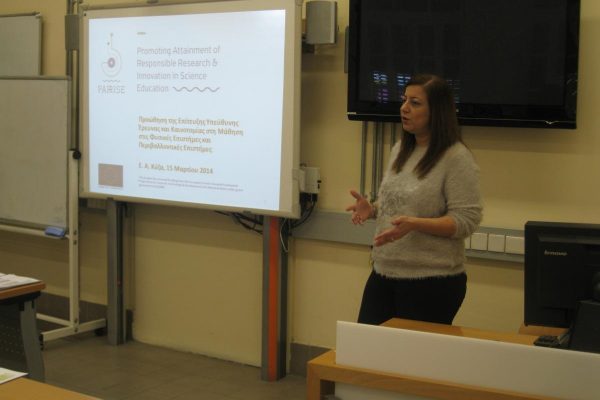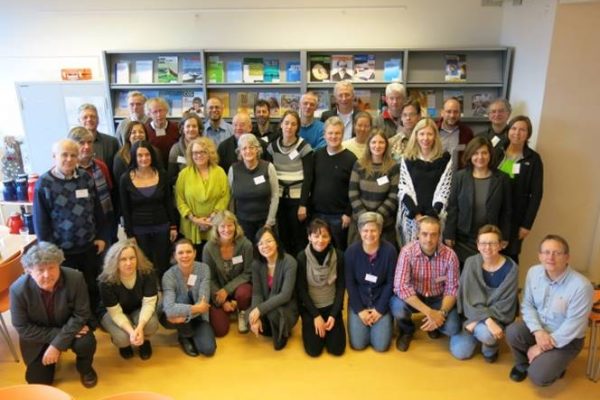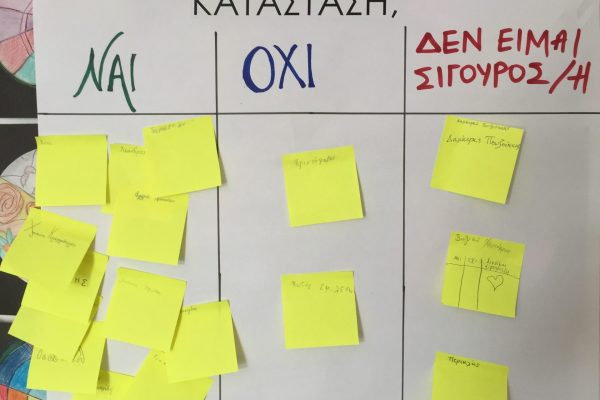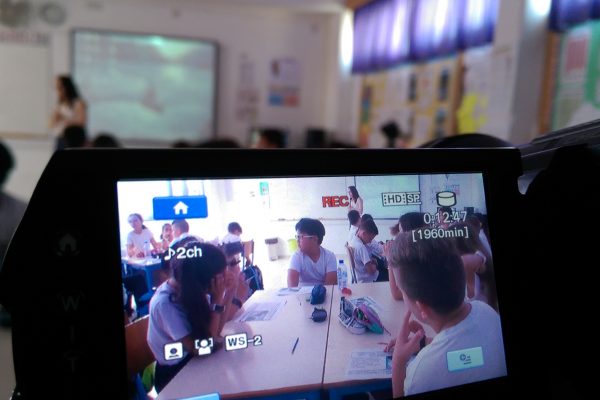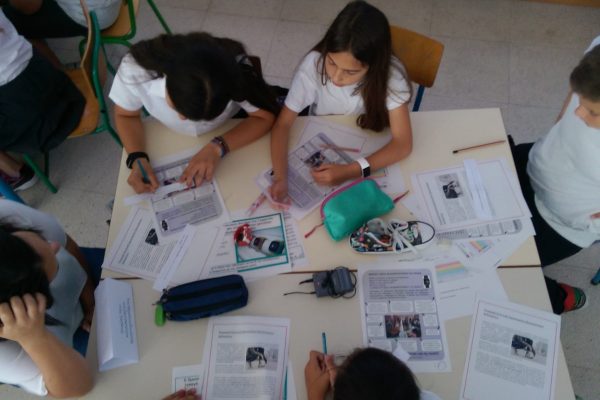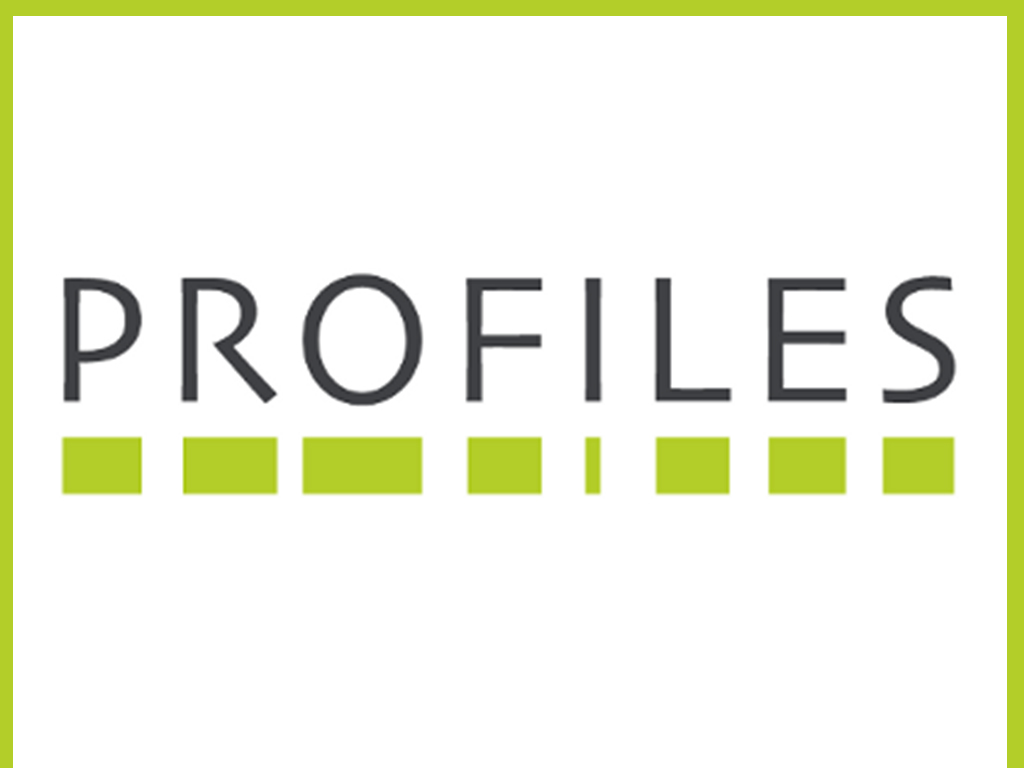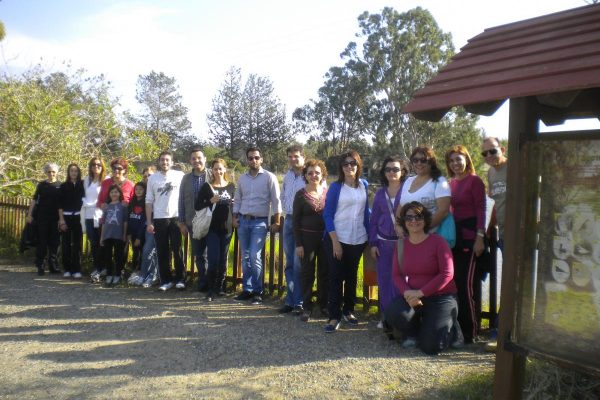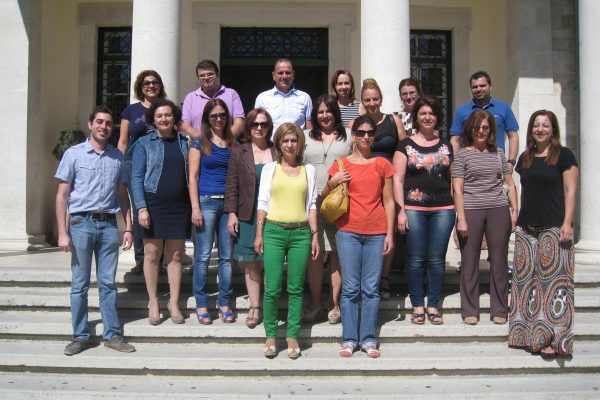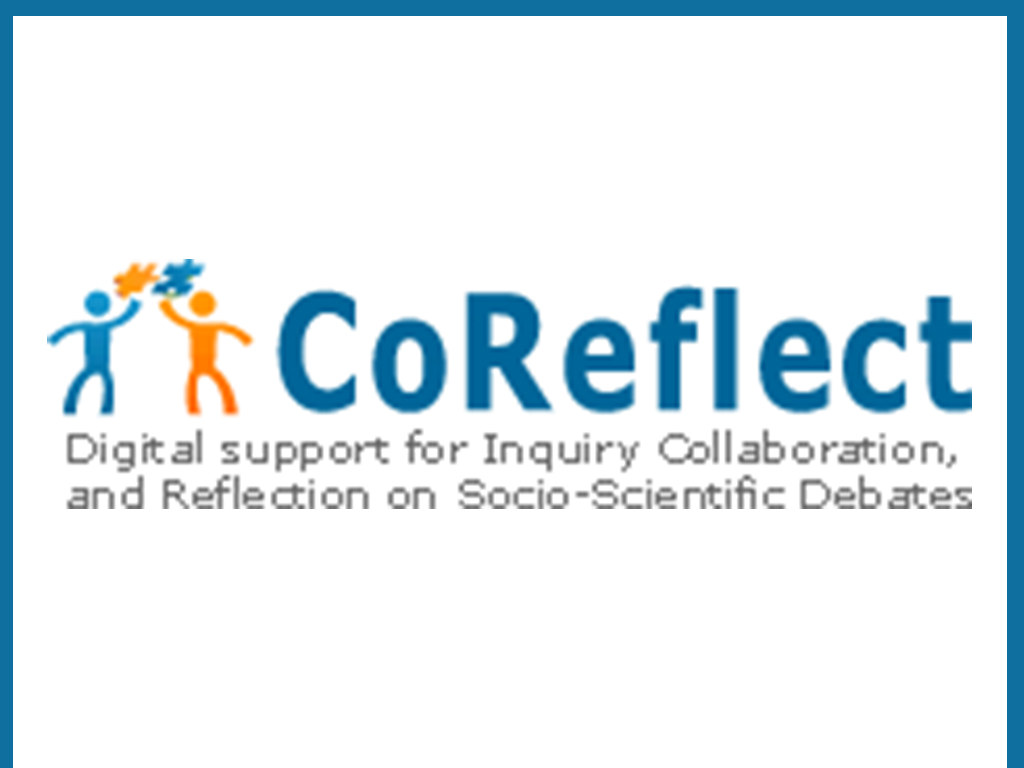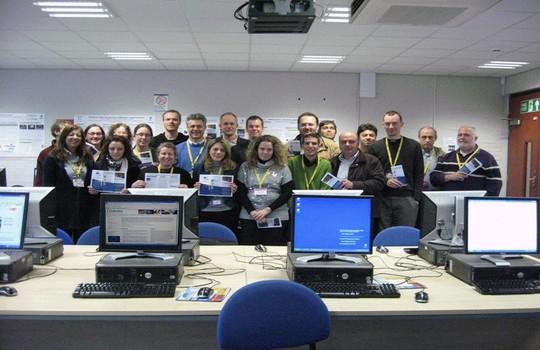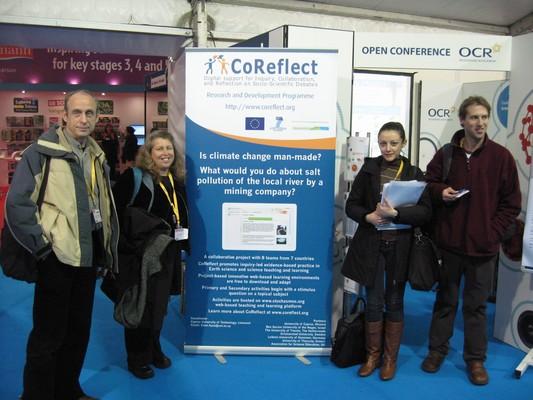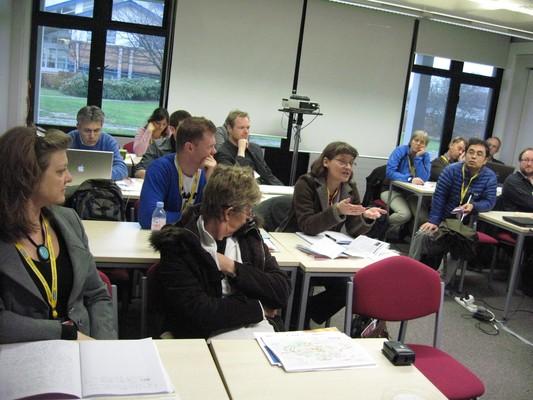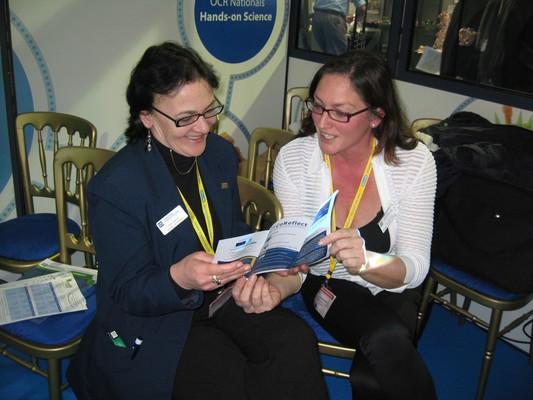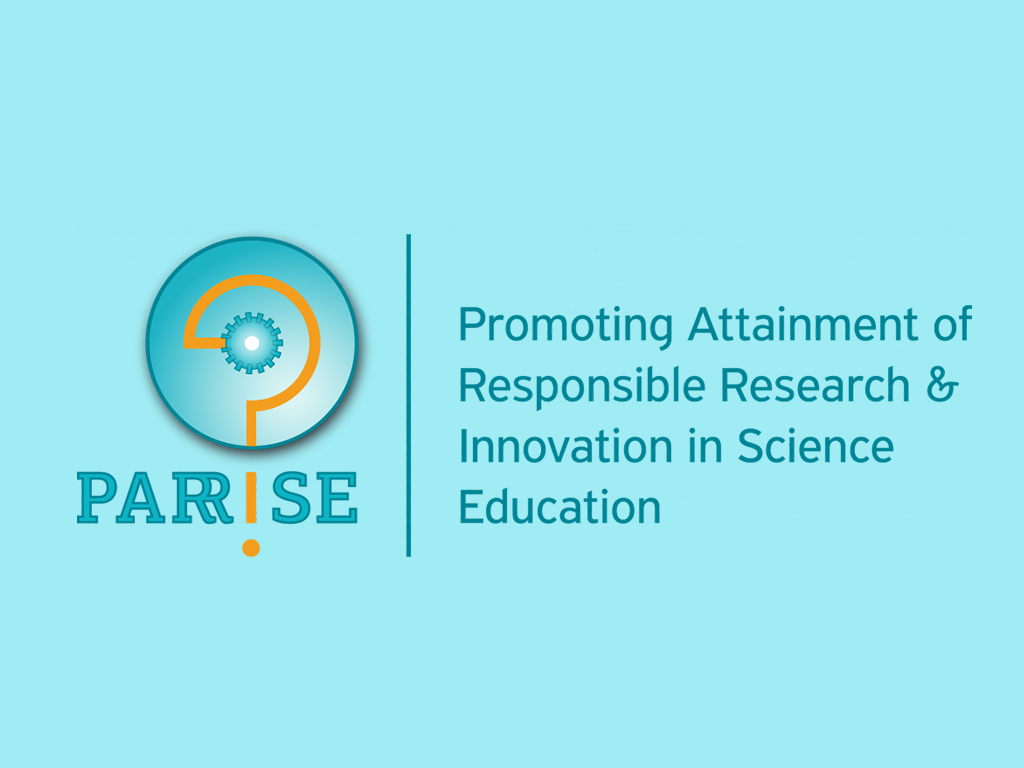
The aim of the PARRISE project is to collect and share existing best practices across Europe and develop learning tools, materials and in/pre- service training courses for science teachers based on the Socio-Scientific Inquiry-Based Learning (SSIBL) approach.
The goal of the project is to empower and facilitate science teachers and teacher educators, by in-service and pre-service professional development courses, based on reshaped best practices available among the partners. These shared selected best practices will be reflected on from a ‘Responsible Research and Innovation’ (RRI) perspective and improved by an international ‘community of learners’ who incorporate RRI in their teaching and learning processes.
The PARRISE project has established a multidisciplinary team and facilitates networking activities among teachers, teacher educators and educational researchers of 18 institutions in 11 countries. The project builds on recently developed Inquiry-Based Science Education (IBSE) insights and fosters implementation of IBSE in educational practice.
Focus: Science teachers’ professional development through a participatory design approach
Funding: European-funded project
Status: Completed
Related Publications
Georgiou, Y. & Kyza, E. A. (2024, September). Nanoparticles in food packaging: Exploring the impact of an RRI module in the chemistry classroom. Paper presented at the EARLI SIG20 & SIG26 conference “Digital, analog, and hybrid learning spaces: Rethinking dialogue, inquiry, and argumentation?!”, Berlin, Germany.
Georgiou, Y., & Kyza, E. A. (2023). Fostering chemistry students’ scientific literacy for responsible citizenship through Socio-Scientific Inquiry-Based Learning (SSIBL). Sustainability, 15(8), 6442.
Georgiou, Y. & Kyza, E. A. (2022, September). Empowering students’ active citizenship through socio-scientific inquiry-based learning: A case study in Chemistry Education. Paper presented at the EARLI SIG20 & SIG26 conference “Dialogue, inquiry and argumentation: shaping the future(s) of education”, Utrecht, The Netherlands.
Kyza, E. A. & Agesilaou, A. (2022). Investigating the processes and conditions for teacher and researcher empowerment in co-design settings. Cognition and Instruction, 40(1), 100-125. https://doi.org/10.1080/07370008.2021.2010213
Goldman, S. R., Hmelo-Silver, C. E. , & Kyza, E. A. (2022). Collaborative Design as a Context for Teacher and Researcher Learning: Introduction to the Special Issue. Cognition and Instruction, 40(1), 1-6. https://doi.org/10.1080/07370008.2021.2010215
Kyza, E.A., Agesilaou, A., Georgiou, Y., Hadjichambis, A.C. (2022) Teacher-Researcher Co-design Teams: Teachers as Intellectual Partners in Design. In A. C. Superfine, S. R. Goldman, M. Ko (Eds.) Changing Content and Contexts of Teacher Learning: Supporting Shifts in Instructional practices. Advances in the Learning Sciences. (pp. 175-195). Routledge.
Kyza, E. A., Georgiou, Y., Hadjichambis, A., & Agesilaou, A. (2018). Antibiotics in livestock: Introducing in-service teachers to the nature of contemporary, socio-scientific controversies. School Science Review, 100(371), 53-58.
Hadjichambis, A. C., Georgiou, Y., Paraskeva Hadjichambi, D., Kyza, E. A., Agesilaou, A., & Mappouras, D. (2018). Promoting RRI and active citizenship in an inquiry-based controversial socio-scientific issue: the case of cholesterol regulation with statins. Journal of Biological Education, 1-13.

